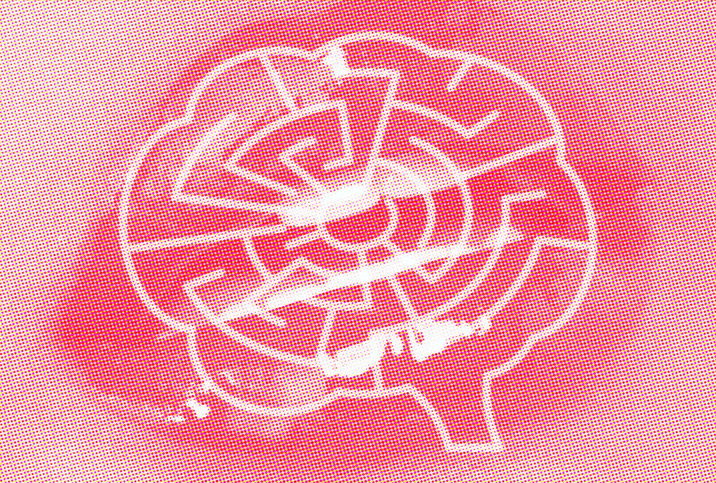The Last Hurdle to Orgasm: Your Brain

Anorgasmia is a condition in which a person's ability to orgasm, despite sufficient sexual stimulation, is impeded. A wide variety of factors can be behind this inability to orgasm, for both men and women. These causes may include stress and anxiety, comparisons and unrealistic expectations, body dysmorphia or body image issues, post-traumatic stress disorder (PTSD) and depression.
Due to the many possible sources of the problem, there isn't a clear solution or medication that cures anorgasmia. Instead, a remedy may likely come from outside the bedroom, where you can tap into good mental health practices and exercises to release stress and get back on track for the big O.
While mindfulness is an arrow in the treatment quiver, anyone experiencing angorasmia should visit their doctor to determine any appropriate medical treatment that might be needed. Therapies can include directed masturbation, cognitive based therapy or couples therapy.
Mindfulness and relaxation practices
Regardless of what is causing the mental block that is preventing you from orgasming, practicing mindfulness and doing relaxation exercises are known to reduce stress, train your mind how to process anxiety-inducing situations, and allow you to be more connected to your body. Mindfulness exercises utilize breathing techniques, meditation and guided prompts to draw your focus to what your senses are telling you and influence how you respond.
One mindfulness technique that may be particularly helpful in reconnecting with your body is a body-scan exercise. Lying on your back with your legs uncrossed and arms by your side, palms up, focus slowly on each body part, moving each individually with intention and purpose. The goal of these types of exercises is to be more open to sensory stimulation and potentially manage future stressful situations more easily.
The role of physical exercise
In addition to exercises for your mind and tuning in to your body, regular physical exercise can also help you hurdle that mental block in bed in a number of different ways. Exercise helps your body produce endorphins, or the feel-good transmitters in your brain, which can help you reach orgasm. Exercise also helps dispel stress, which plays a role in blocking orgasm.
Like mindfulness exercises, physical exertion also allows you to focus on a singular activity, such as how many squats you can do or how many laps you can swim. During exercise, you must focus on the task at hand and not let your mind wander to stressors. Not only does it help you focus and relieve stress, but exercising can also help with your perception of your body, which may be holding you back in the bedroom. If you're exercising regularly, seeing your own strength and honing your skills may lead to a better relationship with your body.
Have that glass of wine
Studies indicate that alcohol, in moderation, increases libido and arousal up to a point in both men and women. While the opposite effect may occur with heavy consumption, when taken in small amounts, alcohol may give you the libido boost you need to finish, or remove the inhibitions and insecurities on which you previously hyperfocused, causing stress and blocking orgasm.
If you suspect your mind is still getting between you and the elusive orgasm, consult a therapist or medical professional who specializes in anorgasmia for additional help.


















